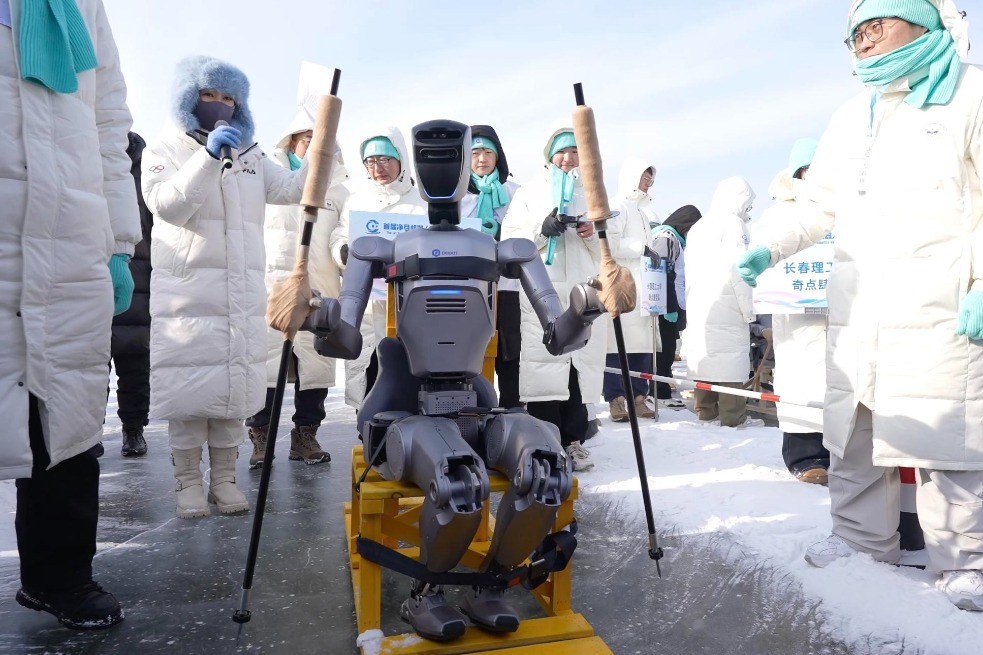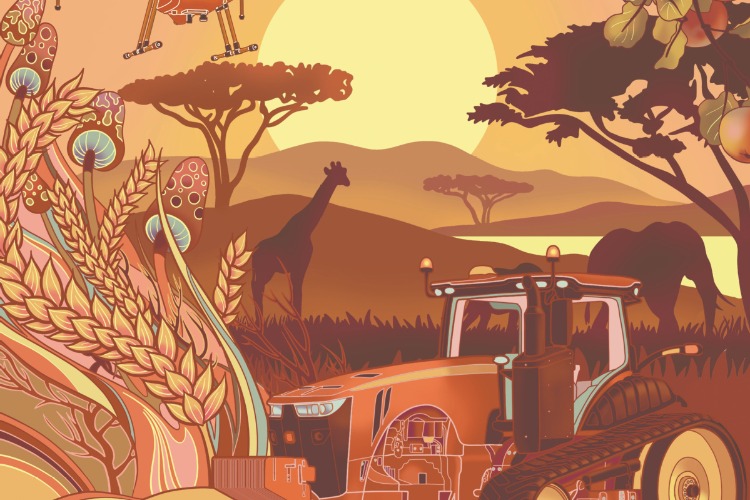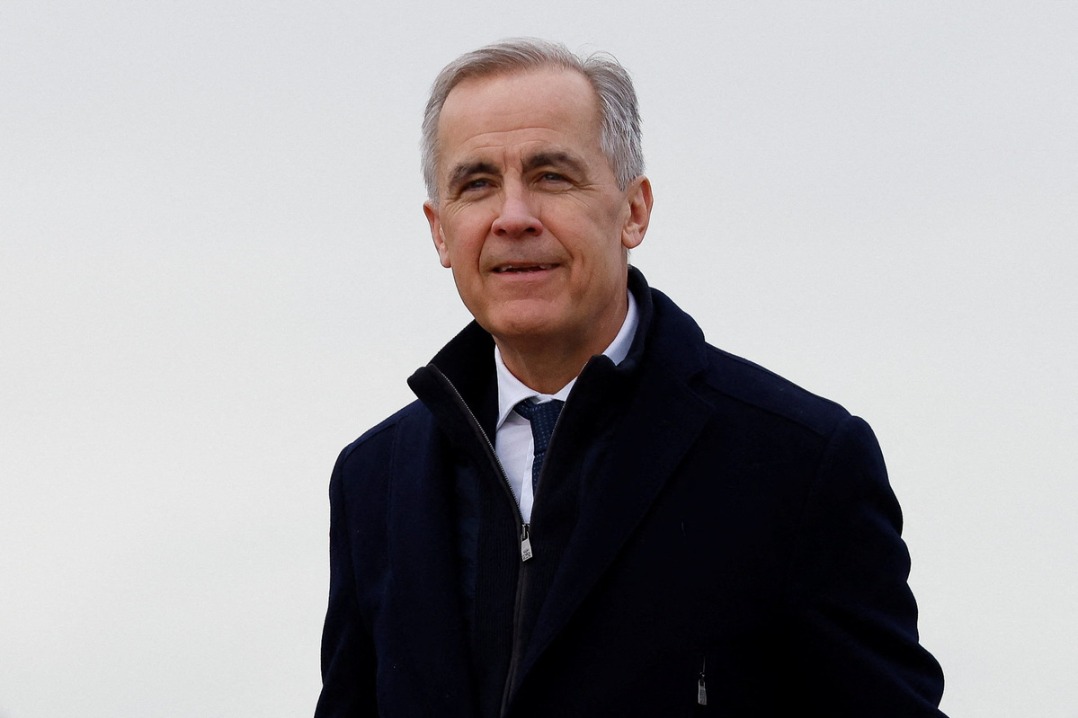Human Rights Record of the United States in 2017


III. Severe flaws in American-style democracy
Money politics in United States has gone further in 2017, as the wealthy groups controlled the political development; the disadvantaged groups faced more barriers in voting; and continuous scandals of political figures happened.
Money politics made inequality worse. The Financial Times website said on July 15, 2017 that the U.S. political system has been so warped by big money. According to Federal Election Commission data, dozens of political action committees collected tens of millions of dollars in the first season of 2017. Individual donors contributed 236.4 million U.S. dollars to political action committees and related political entities, roughly 30 percent more than the recorded contribution during the same span following the 2012 presidential election (www.bizjournals.com, May 8, 2017). The website of the Center for Responsive Politics on December 27, 2017, presented data which showed the lobbying spending in 2017 was the highest in the past five years (www.opensecrets.org, December 27, 2017). The New York Times website said in its commentary on September 20, 2017 that "American democracy is drowning in money". The money politics has made American economic policies over the last 40 years "strongly reflect the preferences of the most affluent, but bear virtually no relationship to the preferences of poor or middle-income Americans."
Democratic politics weakened. An expert survey on American democracy showed that 89 percent of respondents believed the democratic quality in the United States has declined over the last 10 years (www.authwarningsurvey.com, June 28, 2017). The Atlantic website reported on June 21, 2017 that most interviewees of a survey on U.S. democracy disagreed that the U.S. met standards for granting citizens an equal opportunity to vote, stopping officials from exploiting their public office for private gain, and conducting politics and formulating policy.
Low-income voters faced more severe barriers. A report on November 21, 2017 from the website of Newsweek magazine said that hundreds of thousands of Americans were being denied the right to vote because they are poor. In nine states, legislators have enacted laws that disenfranchise anyone with outstanding legal fees or court fines. In Alabama, more than 100,000 people who owe money - roughly 3 percent of the state's voting-age population - have been struck from voting rolls. The report commented that preventing people from voting because they owe legal fees or court fines muzzle low-income Americans at a time in the nation's history when the rich have more political power than ever.
Older and physically challenged voters encountered more barriers. The New York Times website reported on November 24, 2017 that voting machines at polling places made it difficult for the elderly and disabled citizens of any age to vote. A survey of 178 polling places showed that the great majority still had impediments outside - like steep ramps or inadequate parking - or inside that could discourage or exclude disabled voters.
The media was suppressed. In 2017, a number of news organizations were rejected by the U.S. government in press conferences and other official activities and the CNN, New York Times, and other media organizations were barred from White House briefings. Press freedom in the United States is at its lowest point in 13 years, according to a report in 2017 (www.cnn.com, April 28, 2017). Another survey from the Pew Research Center on April 4, 2017 showed that 73 percent of adult respondents believed the tensions between the government and the news media were getting in the way of access to important national political news and information (www.journalism.org, April 4, 2017).
Corruption scandals broke out. A survey in 2017 showed that nearly 6 in 10 Americans believed the level of government corruption has risen in 2017, and nearly 7 in 10 people said the government was doing a bad job at combating corruption. The website of CBS News reported on March 14, 2017 that nine military officers including the retired Navy admiral Bruce Loveless were indicted in a bribery scandal as they accepted the services of prostitutes, lavish meals and fancy trips from a defense contractor. The case has charged more than 20 former or current Navy officials.
Sexual scandals of congressmen continued to be exposed. The USA Today website said on November 20, 2017 that since 2016 at least 40 lawmakers in 20 states have been publicly accused by more than 100 people of some form of sexual misconduct or harassment. The website of Al Jazeera reported on December 12, 2017 that Democratic Congressman Al Franken, and others have faced allegations of sexual harassment. According to a report on the Washington Post website on December 21, 2017, a senator's office used Treasury Department funds to settle a claim of sex discrimination or harassment, and the House of Representatives said its member-led offices were involved in settlements of at least 10 allegations of sexual harassment or sex discrimination since 2008. Another report also from the Washington Post website on December 1, 2017 said that the allegations against several political figures were being shielded by their parties, showing an ugly portrait of American politics.
IV. Rich-Poor Divide Continues Widening
The rich-poor divide expanded in the United States, which has an increasing number of homeless people. Drugs and banned substances were abused, and people in poverty lived in miserable conditions. "The American Dream is rapidly becoming the American Illusion," said the independent human rights expert appointed by the UN Human Rights Council to look at poverty and human rights in countries around the world (www.theguardian.com, December 15, 2017).
The conditions remained precarious for people living in poverty. The Guardian news website reported on December 8, 2017 that 52.3 million Americans lived in "economically distressed communities," representing 17 percent of the U.S. population (www.theguardian.com, December 8, 2017). The most recent official statistics from the US Census Bureau indicated that more than 40 million people were living in poverty. Almost half of those, 18.5 million, were living in deep poverty, with reported family income below half of the poverty threshold (www.ohchr.org, December 15, 2017). According to a 2017 report issued by Stanford Center on Poverty and Inequality, the overall poverty rate in the United States' rural South stood at 20 percent, with blacks and black women in the rural South facing poverty rates of 33 percent and 37 percent, respectively. Native Americans in the rural West had the poverty rate as high as 32 percent (inequality.stanford.edu). After his two-week visit in the United States, Philip Alston, the United Nation's special rapporteur on extreme poverty and human rights stated that the United States is one of the word's richest and most powerful and technologically innovative countries; but neither its wealth nor its power nor its technology is being harnessed to address the situation in which 40 million people continue to live in poverty. The conclusion he drew was that "the persistence of extreme poverty is a political choice made by those in power" (www.theguardian.com, December 15, 2017).
Inequality deteriorated. The wealth gap continued to widen in the United States. According to the World Income Inequality Database, the United States has the highest Gini coefficient (measuring inequality) of all Western Countries. In the OECD, the United States ranks 35th out of the 37 members in terms of poverty and inequality (www.theguardian.com, December 15, 2017). In a report showing the share of U.S. household wealth by income level, Deutsche Bank's chief international economist Torsten Slok said the top 0.1 percent of American households hold about the same amount of wealth as the bottom 90 percent (www.businessinsider.com, January 25, 2017). Boston Review's website reported on Sept. 1, 2017 that while the income of those in the bottom 80 percent of America has grown only by about 25 percent in the last four decades, it has almost doubled for the top 20 percent. The United Nations monitor on poverty and human rights accused the U.S. leadership of attempting to turn the country into the "world champion of extreme inequality" (www.theguardian.com, December 15, 2017).
The life of the homeless was miserable. The Guardian's website reported on December 6, 2017 that 553,742 people were homeless on a single night in the United States last year, with an increase of 4.1 percent in New York. In a homeless encampment in Los Angeles, approximately 1,800 homeless people shared just nine toilets located in stalls without doors at night (www.theguardian.com, June 30, 2017). Matthew Desmond's book Evicted said millions of Americans were evicted each year as they struggled to make their rent: these people were the true forgotten poor (www.theguardian.com, February 24, 2017).
The U.S. government failed in controlling drug and addictive medicine. The website of Medical Press reported on June 13, 2017 that 7.7 million Americans abused illicit drugs. On December 14, 2017, CNN said nearly 40 percent of 12th-graders, 28 percent of 10th-graders and 12.9 percent of 8th-graders had used some sort of illicit drugs in the past year. CBS News reported on June 6, 2017 on its website that between 2011 and 2015, nearly four billion opioid pills were prescribed in the state of Ohio alone. Overdoses are now the leading cause of death of Americans under the age of 50. According to a report from the U.S. Centers for Disease Control and Prevention in December, 2017, in 2016, there were more than 63,600 drug overdose deaths in the United States. On December 12, 2017, ABC News reported that soaring use of opioids had forced tens of thousands of children to leave their homes across the United States, citing a 32 percent spike in drug-related foster care cases from 2012 to 2016.
The healthcare system was deeply flawed. Philip Alston, the UN's special rapporteur on extreme poverty and human rights, observed in a report that the "health gap" between the United States and its peer countries continued to grow and that Americans could expect to live shorter and sicker lives. Medical expenses and health insurance costs kept rising, with drug prices for chronic illnesses from asthma to cancer hitting record highs in the United States, The Guardian reported on its website on December 15, 2017 (www.theguardian.com, December 15, 2017). Results of a survey released by Pew Research Center on December 14, 2017 showed positive ratings for the government's handling of ensuring access to healthcare had declined 20 percentage points since 2015 (www.people-press.org, December 14, 2017).
V. Special Groups Suffer Discrimination and Physical Assault
American women faced obvious discrimination on employment and career development. The poverty, health and safety problems of children were worrisome. Persons with disabilities suffered from violent victimization. Rampant sex harassment and infringement contributed to a swarm of protests.
- Women suffered from serious threats of sexual harassment and infringement. In October 2017, the scandal of American film producer Harvey Weinstein who sexually harassed a number of female stars broke out. Many Americans from all walks of life initiated a"#MeToo (Victim)" campaign on social media platforms to encourage victims to protest against the widespread sexual harassment and infringement, receiving active responses from about a million people. According to a report from the U.S. Equal Employment Opportunity Commission, 60 percent of women experienced harassment at work (https://www.usatoday.com, December 8, 2017). According to a report published on November 22 in 2017 on the BBC website, former USA Olympic gymnastics sports doctor Larry Nassar was charged with sexual assault against more than 130 women in his care, including a number of Olympic gold medalists. According to a report published on December 18 in 2017 on the website of Huffington Post, Alex Kozinski, a federal appeals court judge, received accusations from multiple former female clerks of inappropriate sexual behavior. According to the annual sex harassment report published in May 2017 by the U.S. Department of Defense, 14,900 cases of sex harassment happened in 2016 in the army (http://abc7ny.com, December 13, 2017). According to a report published on December 15 in 2017 on the website of Huffington Post, the privacy of the female victims could not be guaranteed and they lived in fear that people were going to track them down and figured out who they were, which inflicted negative impact on the victims to lodge a sex harassment accusation.
- Serious gender discrimination in employment and career development. According to an employment report from the U.S. Bureau of Labor Statistics, the retail trade lost 54,300 jobs between October 2016 and October 2017, but the experiences between men and women were starkly different: women lost 160,300 jobs, while men gained 106,000 jobs (http://iwpr.org). According to a Pew Research Center survey, 57 percent of women say the country hasn't done enough to give women equal rights with men and 38 percent of women cite gender discrimination experiences related to hiring, pay or promotion (http://www.pewsocialtrends.org).
- Children's personal rights faced serious threats. According to statistics released in July 2017 by the FBI, 68,068 cases of physical assault against children aged less than 10 years old were reported in the United States in 2016, 97,588 such cases against children aged between 11 and 15 years old and 159,963 such cases against youths aged between 16 and 20 years old. Among all the cases, 83,611 are sex offense cases (http://ucr.fbi.gov). According to a report released on November 28 in 2017 by the U.S. Institute for Women's Policy Research, nearly one in five high school girls experienced bullying while over a quarter of Hawaii women reported unwanted sexual contact in their lifetime.
- The health condition of poor children was worrisome. According to a BBC report on December 11 in 2017, there were 13.3 million poor children out of the U.S. poverty-stricken population, accounting for 18 percent of U.S. children. Nearly 9 million children in the United States (11.8 percent) were growing up in persistently poor families, accounting for 11.8 percent of U.S. children (http://www.mobilitypartnership.org, May 18, 2017). According to a survey on the health condition of public housing residents in the District of Columbia, 33 percent of adult interviewees reported having a child with asthma, 21 percent of them reported having an overweight child and 14 percent of them reported having a child with a chronic disease (http://www.mobilitypartnership.org, March 6, 2017).
- Violent victimization against persons with disabilities. According to statistics released in July 2017 by the U.S. Bureau of Justice Statistics, the rate of violent victimization against persons with disabilities was 2.5 times higher than that for persons without disabilities above 12 years old between 2009 and 2015. The rate of violent crimes against persons with disabilities tripled that for persons without disabilities (http://www.bjs.gov). According to statistics from the 2016 FBI Hate Crime Statistics Program released in 2017, out of the 6,063 single-bias incidents reported in 2016, 1.2 percent of them were prompted by disability bias (http://ucr.fbi.gov).


































